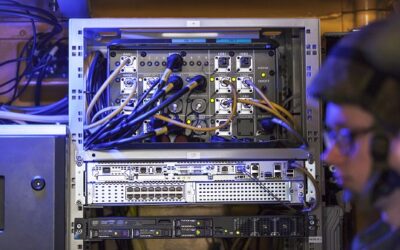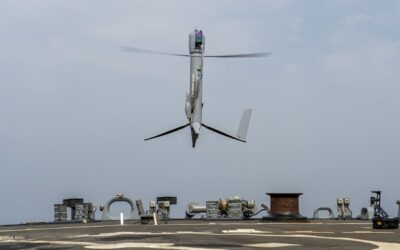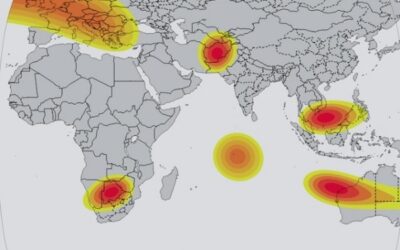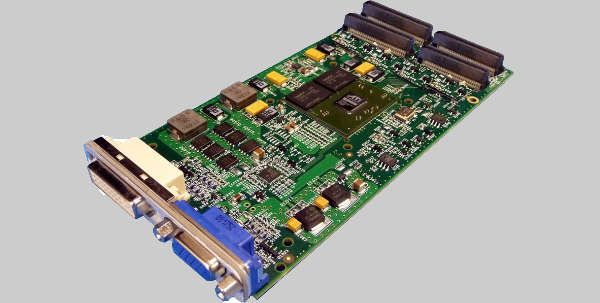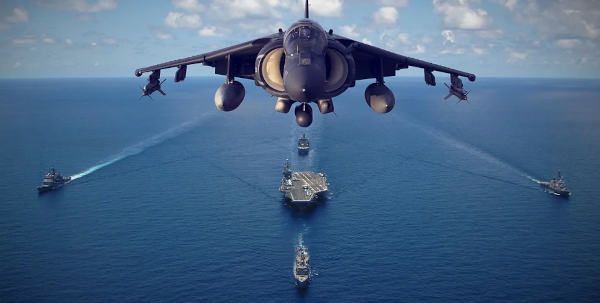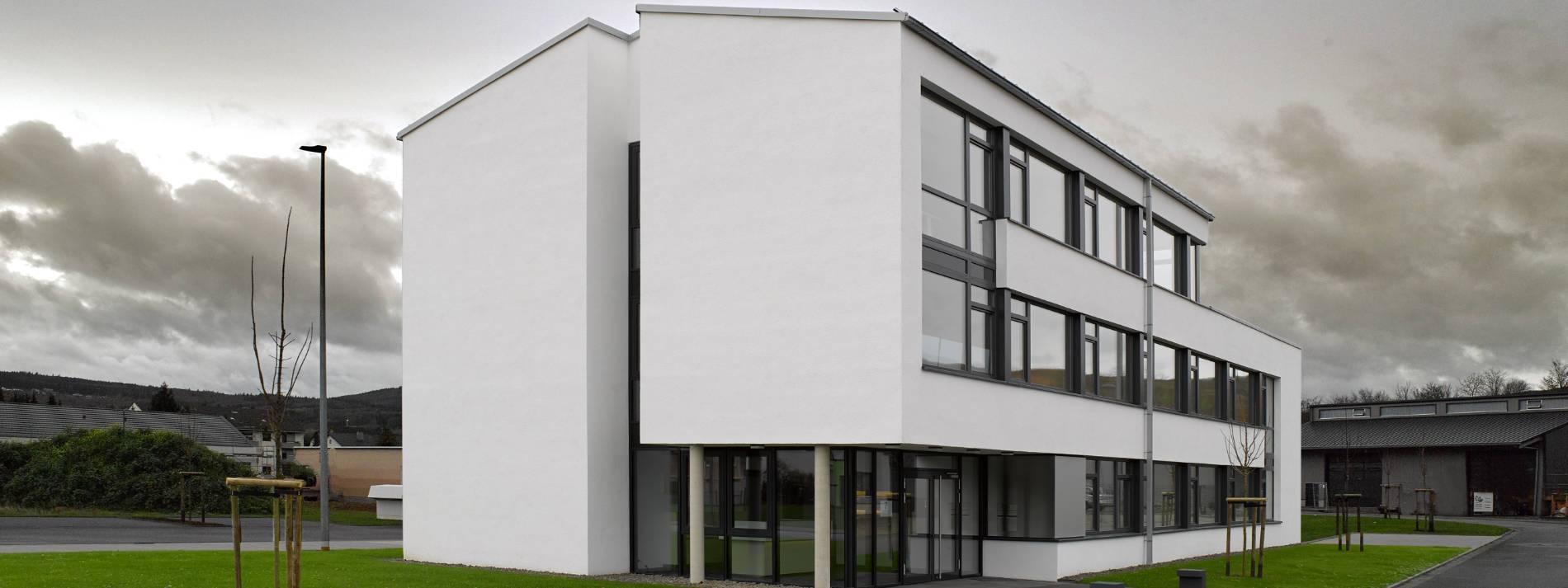Thales and Special Operations Forces
Industry must provide a hit-list of industrial requirements capable of effectively supporting Special Operations Forces (SOF) across the contemporary operating environment, Thales officials have disclosed to the Special Operations Forces Innovation Network Seminar (SOFINS).
Addressing delegates on 28th March, Thales’s Alain Bouquin described the ‘unique’ requirements for SOF which he stated, demanded ‘strategic effects across unconventional, high risk, hostile political missions’.
Describing the SOF community as early adopters of technology, Bouquin explained: “Modern conflict and theatres always involve SOF capabilities through direct action; support and influence; and special reconnaissance. SOF missions need diverse capabilities and security is essential. We need to equip the man, not the equipment,” Bouquin added while referring to emerging trends for joint operations with other government agencies and enablers.
Therefore, SOF solutions must comprise low profile, stealthy and secure technology allowing for adaptability, flexibility, reliable force projection and communications across the battlespace.
“SOF operators need ease of use; ease of maintenance; dependable; low SWAP [size, weight and power], world class and secure technology,” he concluded.
Bouquin also called for further integration of Battle Laboratories and Warfare Centres, such as the USSOCOM sponsored SOFWERX centre in Tampa, Florida, where “simulation, virtual reality and live environments can be combined to consider future technologies“. He also called for “further development in SOF-dedicated capabilities including night vision, energy solutions, anti-UAV combat, counter-IED, simulation, operational analysis and mission preparation”.
Additionally, he highlighted the particular importance of covert insertion tactics, techniques and procedures, especially across air and maritime environments.
As a result, Thales promoted its latest SOF technology to Moench at the event with solutions ranging across land, sea and air environments as well as specialist counter-terrorism duties.
Solutions include Thales’ Portable Electromagnetic Pulsed Source (PEPS) concept which has been designed in response to emerging CT requirements for vehicle interdiction operations. According to Thales officials, the PEPS is capable of destroying the on-board electric circuits of moving target vehicles, thereby reducing requirement for airborne snipers to disable engine blocks using high calibre sniper rounds.
Also in the CT realm, Thales promoted its REPTILE (Remote Effects by Portable IR Laser) concept which could allow SOF assault teams to drill through metal objects at ranges up to 200m. This, Thales explained, could allow breaching teams to stand-off from target buildings and reduce their vulnerability while cutting through metal doors and walls; as well as reducing collateral damage associated explosive-based demolition charges.
Elsewhere, Thales unveiled further details regarding its Extreme Environment Military Personal Location System which has been designed in response to operational requirements arising out of the SOF Combat Diving community including FORFUSCO- France’s maritime special operations command component.
The handheld device is capable of being operated at a depth of 50m for up to 24 hours, providing operators with secure, two-way messaging; combat identification; and emergency distress functions in the sub-surface environment.
“Divers have been requesting this for a long time,” one industry source explained to MILITARY TECHNOLOGY. “Combat identification solutions have just not been there [to date]”.
Additionally, Thales outlined its Citadel product, providing forces with a “collaborative mobile, secure service solution”, similar to Whatsapp and other applications. Thales highlighted how Citadel was currently under assessment by the French Special Operations Command.
Finally, Thales described ongoing efforts to reduce the size, weight and power requirements of autonomous systems. Referring to small and mini UAVs, including its Spy Ranger, company officials described ongoing efforts for increased utility of sensor payloads including electro-optical, acoustic and electro-magnetic solutions.
In the maritime environment, Bouquin also introduced the Underwater Autonomous Multi Sensor Long Endurance or AUSS product which provided maritime SOF teams with the capability of detecting radio communications; providing image intelligence; and electro-magnetic spectrum detection at undisclosed ranges from a shoreline.
The AUSS is capable of self-propelling itself through the water with vertical and horizontal electric motors, Thales officials explained.
Andrew White


